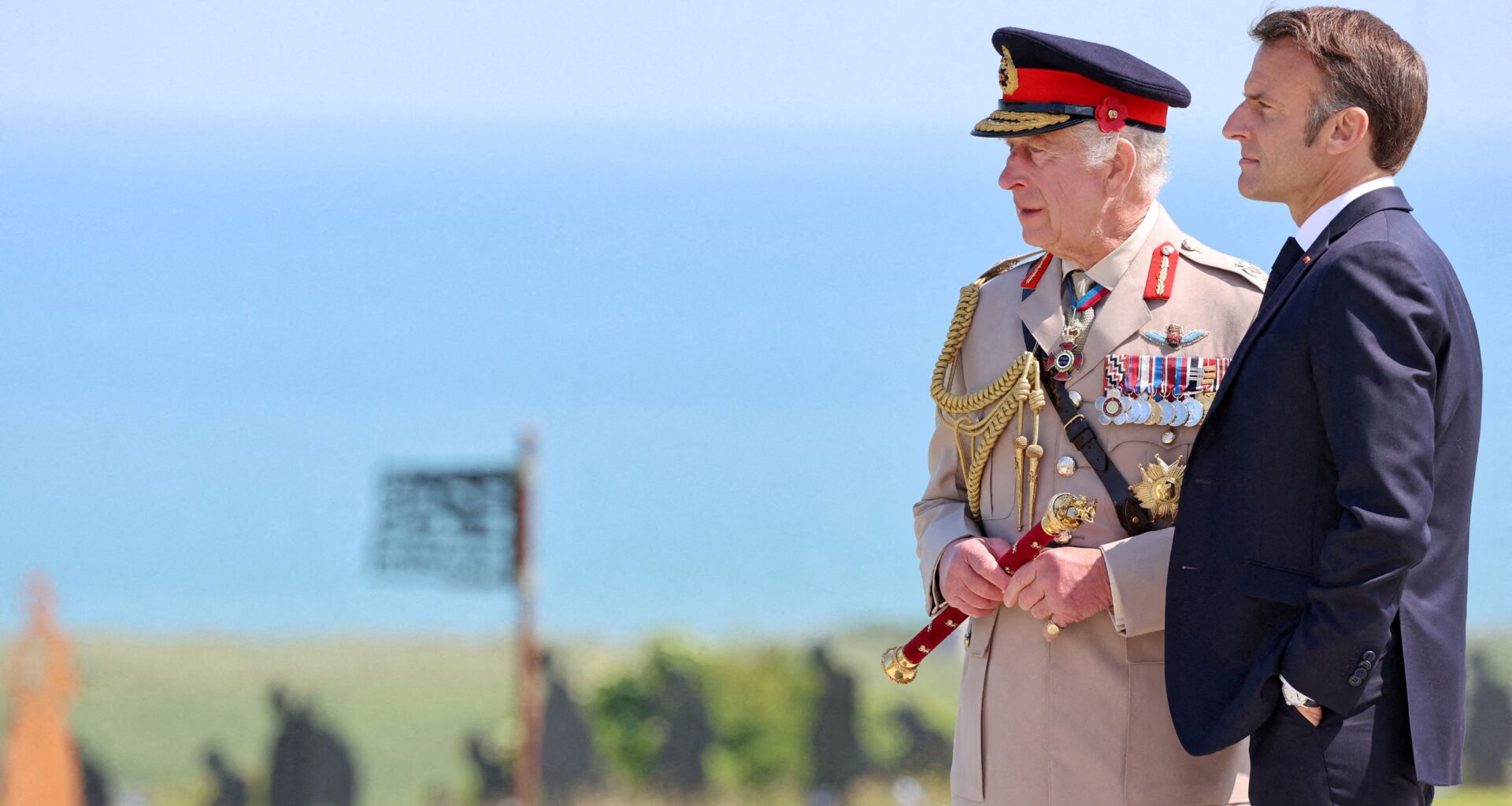A new European couple? Perhaps. One thing is certain: Emmanuel Macron is on a state visit to the UK, the first for a French president since 2008. This is a strong signal at a time when leaders are counting on a united Europe. Long strained by Brexit, Franco-British relations are improving. But not everything has been repaired yet.
This revival comes at a time of unprecedented political change: never since Brexit has London been so open to Europe, due to a lack of alternatives. And while the two leaders are showing their good relations, a difference in style remains, particularly when it comes to Donald Trump. Keir Starmer is playing it safe, whereas Emmanuel Macron has never hesitated to openly oppose the former US president—we remember the scene at the White House where he denounced “fake news,” or his visit to Greenland, which angered Trump.
Is this a way for Macron to remind everyone of his status as a veteran on the international stage? Perhaps. The fact remains that the trade agreement between London and Washington caused tensions in Paris. Macron could seek to influence Starmer to maintain a firm European line as trade issues come to a head in the near future.
Another point of friction is migration, which remains a sensitive issue on both sides of the Channel. But this should not mar the meeting. Beyond their ideological similarities, the two men need each other above all else in the face of common challenges. A welcome reconciliation, celebrated from July 8 to 10.
The return of the Allies
The aim will be to seal the return of an historic alliance. The protocol is fitting: a royal welcome, speeches in Parliament, banquets at Windsor Castle, and tributes to World War II figures Churchill and De Gaulle. Behind the pomp and circumstance, several political meetings are planned to assess the state of this relationship, which appears warm on the surface.
As the war in Ukraine intensifies, Macron and Starmer will co-chair a meeting of the “coalition of volunteers” on Thursday, aimed at strengthening Ukraine’s defense capabilities. The issue of security will be central. The Elysée Palace wants to update the Lancaster House agreements, signed in 2010, on nuclear, operational, and capacity issues.
These agreements structure bilateral military cooperation, particularly on the deployment and use of armed forces, including nuclear forces. This is a way of integrating London into future technology transfers, arms programs, and information exchanges with the European Union.
On the energy front, EDF, a French public company, is tipped to build two new nuclear reactors in Sizewell. Announcements on energy are expected.
